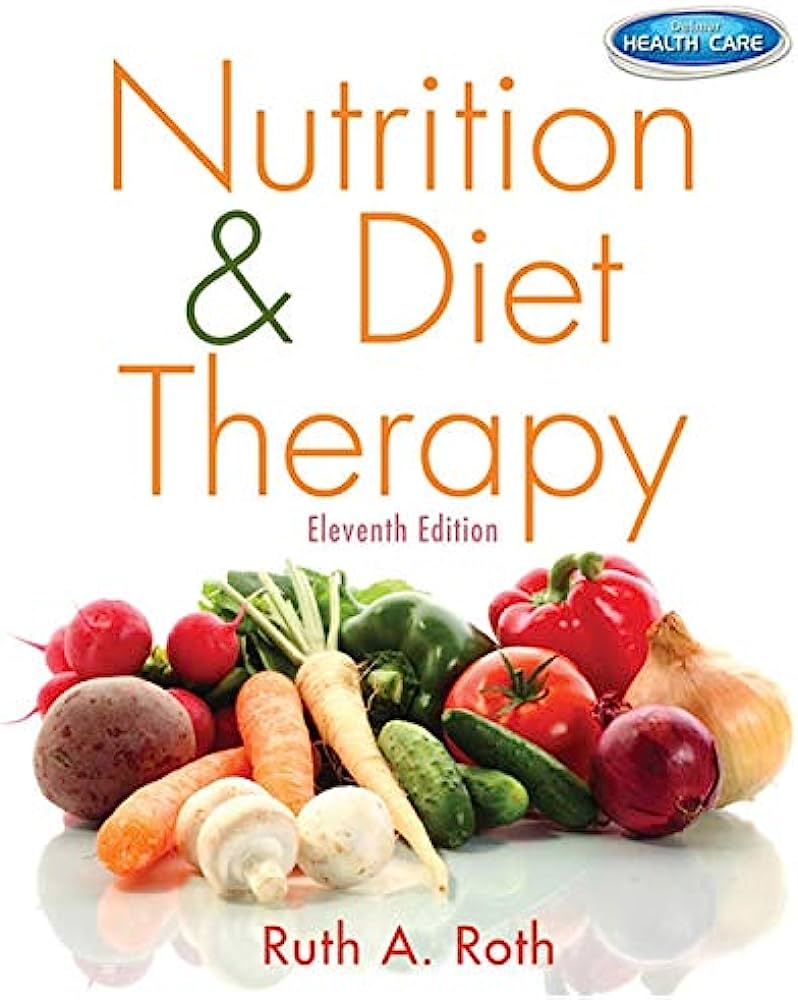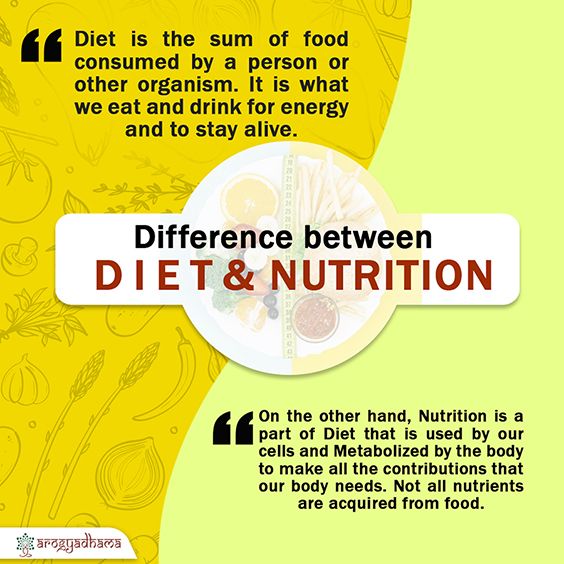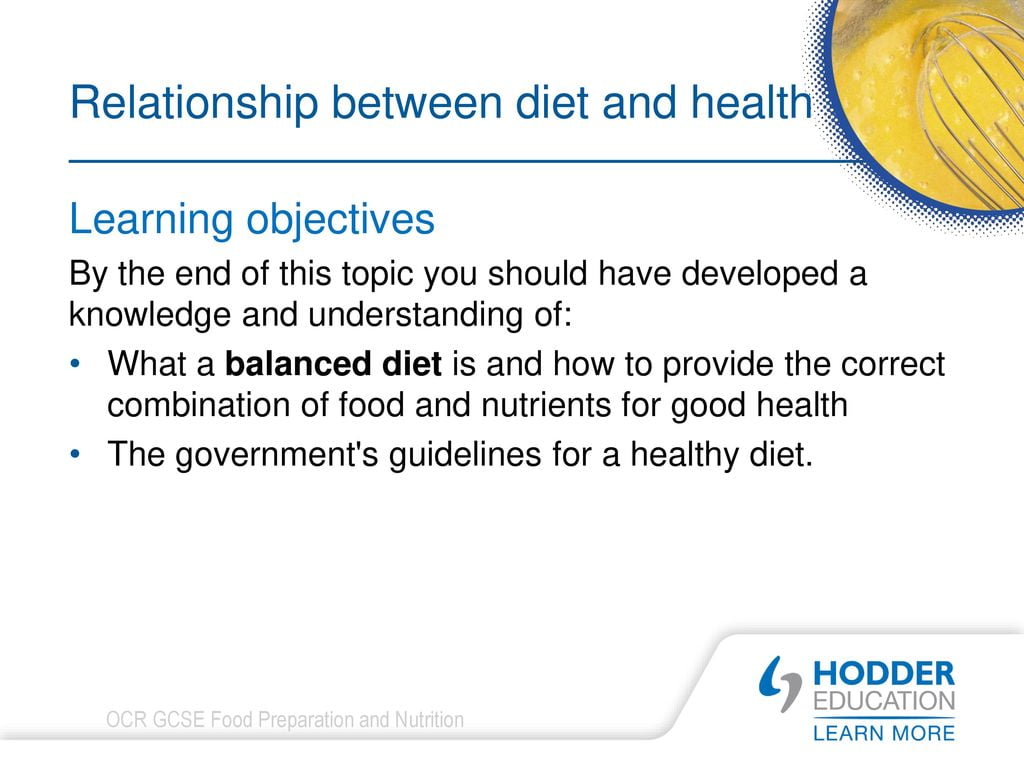Welcome, folks, to the world of nutrition and diet therapy! Today, we’re diving deep into the topic of nourishing your body for optimal health. So, grab a cup of tea, sit back, and get ready to embark on a journey to discover the secrets of a well-balanced diet.
Nutrition and diet therapy go hand in hand when it comes to fueling our bodies and ensuring they function at their best. It’s like giving your car the right kind of fuel to make it run smoothly. Our bodies are no different! By providing them with the right nutrients, we can boost our energy levels, strengthen our immune system, and even improve our overall mood. It’s all about giving our bodies the TLC (tender loving care) they deserve.
Now, you might be wondering, “What exactly is nutrition and diet therapy?” Well, let me break it down for you. Nutrition is the science of how our bodies use food to function. It’s about understanding the nutrients our bodies need and making informed choices to meet those needs. On the other hand, diet therapy focuses on using the power of food to prevent or manage specific health conditions. It’s like having a personalized prescription for your plate!
In this article, we’ll explore the ins and outs of nutrition and diet therapy, uncovering the key principles, debunking myths, and providing practical tips to help you nourish your body for optimal health. So, get ready to embark on a delicious and nutritious adventure that

Nutrition and Diet Therapy: Nourishing Your Body for Optimal Health
Nutrition plays a vital role in our overall health and well-being. It provides the necessary fuel and nutrients our bodies need to function optimally. Diet therapy, on the other hand, focuses on using specific diets to address and manage various health conditions. By understanding the importance of nutrition and incorporating diet therapy, we can nourish our bodies and achieve optimal health.
The Importance of Nutrition
Proper nutrition is essential for our bodies to function at their best. It provides us with energy, supports growth and development, and helps maintain overall health. A well-balanced diet that includes a variety of nutrients is key to achieving optimal nutrition.
Nutrition affects every aspect of our health, from our physical well-being to our mental and emotional states. It can impact our mood, energy levels, cognitive function, and even our ability to fight off illness and disease. By paying attention to our nutrition and making conscious choices about what we eat, we can support our bodies in functioning optimally.
Key Nutrients for Optimal Health
There are several key nutrients that are essential for our bodies to function properly. These include carbohydrates, proteins, fats, vitamins, minerals, and water. Each nutrient plays a unique role in maintaining our health and well-being.
Carbohydrates are our body’s main source of energy. They provide fuel for our muscles and brain. Healthy sources of carbohydrates include whole grains, fruits, and vegetables.
Proteins are the building blocks of our body. They are vital for growth, repair, and maintenance of tissues and organs. Good sources of protein include lean meats, fish, beans, and legumes.
Fats are important for our bodies to function properly. They provide insulation, protect our organs, and help absorb certain vitamins. Healthy fats can be found in avocados, nuts, and olive oil.
Vitamins and minerals are necessary for various bodily functions. They support our immune system, help with cell growth and repair, and aid in the production of enzymes and hormones. Eating a variety of fruits, vegetables, and whole foods can provide us with the necessary vitamins and minerals.
Water is essential for our bodies to function optimally. It helps regulate body temperature, aids digestion, and carries nutrients and waste products throughout our bodies. Staying hydrated is crucial for overall health.
The Role of Diet Therapy
Diet therapy is a specialized approach to nutrition that focuses on using specific diets to address and manage various health conditions. It takes into account an individual’s unique needs and health goals.
Diet therapy can be used to manage conditions such as diabetes, heart disease, gastrointestinal disorders, and food allergies. It involves creating a customized meal plan that meets the specific nutritional needs of the individual.
By incorporating diet therapy into our lives, we can optimize our nutrition and support our bodies in healing and maintaining good health. It is important to consult with a registered dietitian or healthcare professional to ensure that the diet therapy plan is appropriate for our specific needs.
In summary, nutrition and diet therapy are essential for nourishing our bodies and achieving optimal health. By understanding the importance of nutrition and incorporating diet therapy when necessary, we can support our bodies in functioning at their best. Remember to focus on consuming a well-balanced diet that includes a variety of nutrients and consult with healthcare professionals for personalized diet therapy plans.
Key Takeaways: Nutrition and Diet Therapy – Nourishing Your Body for Optimal Health
- Eating a balanced diet is essential for maintaining optimal health.
- Proper nutrition provides the necessary nutrients for the body to function properly.
- Choosing whole, unprocessed foods is best for nourishing your body.
- Portion control is important to avoid overeating and maintain a healthy weight.
- Consulting a registered dietitian can help you create a personalized diet plan for your specific needs.
Frequently Asked Questions
Q: What is the importance of nutrition and diet therapy for optimal health?
Nutrition and diet therapy play a crucial role in nourishing your body for optimal health. The food we consume provides the essential nutrients, vitamins, and minerals that our body needs to function properly. A well-balanced diet can help prevent chronic diseases, boost our immune system, and improve our overall well-being. By focusing on nutrition and diet therapy, we can optimize our health and enhance our quality of life.
Furthermore, nutrition and diet therapy can also help manage existing health conditions such as diabetes, heart disease, and obesity. It provides tailored dietary recommendations and strategies to address specific nutritional needs and promote healing. Whether you are aiming to maintain good health or manage a specific condition, incorporating nutrition and diet therapy into your lifestyle can have significant benefits for your overall well-being.
Q: What are the key principles of nutrition and diet therapy?
Nutrition and diet therapy are based on several key principles that help guide individuals towards optimal health. These principles include balance, variety, moderation, and individualization.
Balance refers to consuming a combination of different food groups in appropriate proportions. This ensures that our bodies receive all the necessary nutrients for proper functioning. Variety is important to ensure we obtain a wide range of nutrients from different foods. Moderation encourages us to consume foods in appropriate portion sizes, avoiding excesses or deficiencies. Lastly, individualization recognizes that everyone has unique nutritional needs and preferences, and therefore dietary recommendations should be tailored to suit each person’s specific requirements.
Q: How can nutrition and diet therapy support weight management?
Nutrition and diet therapy can be highly beneficial for weight management. By following a well-balanced diet and incorporating healthy eating habits, individuals can achieve and maintain a healthy weight. This involves consuming a variety of nutrient-dense foods, such as fruits, vegetables, whole grains, lean proteins, and healthy fats, while limiting the intake of processed foods and sugary beverages.
In addition, nutrition and diet therapy can provide strategies for portion control, mindful eating, and behavior modification. These approaches can help individuals develop a positive relationship with food, make healthier choices, and manage emotional eating. With the guidance of nutrition and diet therapy, individuals can work towards reaching their weight management goals in a sustainable and healthy way.
Q: Can nutrition and diet therapy help prevent chronic diseases?
Yes, nutrition and diet therapy can play a significant role in preventing chronic diseases. A balanced diet that is rich in fruits, vegetables, whole grains, lean proteins, and healthy fats can provide the necessary nutrients and antioxidants to support overall health and reduce the risk of chronic diseases.
For example, a diet high in fiber can help prevent conditions like heart disease, diabetes, and certain types of cancer. Likewise, reducing the intake of saturated fats and cholesterol can lower the risk of cardiovascular diseases. By incorporating nutrition and diet therapy into our lifestyle, we can make proactive choices that promote long-term health and reduce the likelihood of developing chronic diseases.
Q: How can nutrition and diet therapy address specific health conditions?
Nutrition and diet therapy can be tailored to address specific health conditions and support healing. For individuals with diabetes, nutrition and diet therapy can focus on managing blood sugar levels through carbohydrate counting, portion control, and meal timing. Similarly, individuals with heart disease may benefit from a diet low in sodium and saturated fats.
In the case of gastrointestinal disorders, nutrition and diet therapy can provide recommendations for managing symptoms and optimizing digestion. For instance, individuals with celiac disease may need to follow a gluten-free diet, while those with irritable bowel syndrome may benefit from a low FODMAP diet. By working closely with a registered dietitian or nutritionist, individuals can receive personalized nutrition and diet therapy interventions to address their specific health conditions and improve their overall well-being.

Nutrition for a Healthy Life
Conclusion: Fueling Your Body for Optimal Health
As we reach the end of our journey exploring nutrition and diet therapy, it’s clear that nourishing our bodies is the key to achieving optimal health. By understanding the importance of a well-balanced diet and making conscious choices about what we eat, we can fuel our bodies with the nutrients they need to thrive.
Throughout this article, we’ve learned about the fundamental role nutrition plays in supporting our overall well-being. From the impact of macronutrients like carbohydrates, proteins, and fats, to the importance of vitamins and minerals, we now have a deeper understanding of how our dietary choices directly influence our health.
But it’s not just about the science behind nutrition; it’s also about embracing a healthy lifestyle and making sustainable choices. By incorporating whole, unprocessed foods into our diets, staying hydrated, and practicing mindful eating, we can create a strong foundation for our bodies to function optimally.
In conclusion, nutrition and diet therapy provide us with the tools to nourish our bodies and achieve optimal health. It’s about more than just following the latest fad diet; it’s about making informed decisions and prioritizing our well-being. So let’s embark on this journey together, armed with the knowledge and understanding to fuel our bodies for a healthier, happier life. Remember, your body is a temple, so nourish it with love and care.




